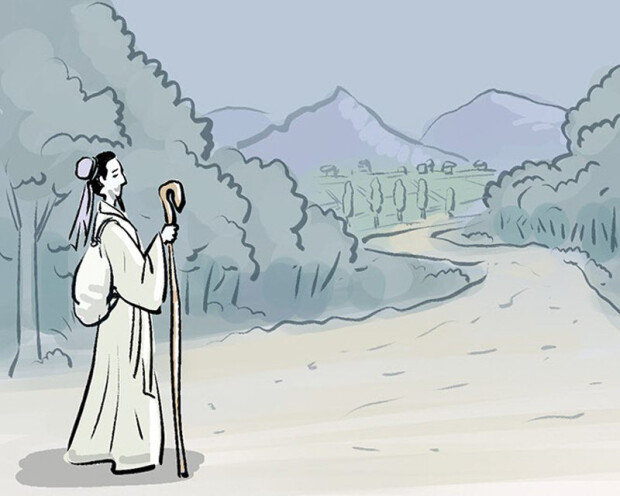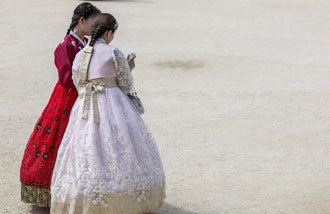Homecoming
Homecoming
Posted April. 28, 2023 08:12,
Updated April. 28, 2023 08:12

If you're a traveler returning home after a long stay in a foreign land, the thought of your hometown getting closer will be thrilling and overwhelming. Nothing may compare to that lightheartedness and joyfulness. The poet, however, becomes more fearful as he approaches his hometown. Even when he meets someone from his hometown, he can't ask about home. This is because he doesn't dare to ask. The contradiction of wanting to know but not being able to ask stems from anxiety. He tries to suppress his curiosity because he doesn't want to break the fragile hope that his family will be at peace. This is also related to the poet's situation at the time. He may have been afraid of revealing his identity because he had secretly fled from the place of exile in Guangdong, Yeongnam district, and was on his way home. The poet, who had enjoyed all sorts of luxuries as an entourage of Empress Wu Zetian, was relegated to a desolate backcountry when the empress was deposed, and he decided to escape when his return to Luoyang became impossible. It is unclear whether the poet's secret homecoming will lead to rejoicing. He may have already foreseen the success of his homecoming, as he felt 'close to home' while passing through Hansu, which is quite a distance from Luoyang.
Song Zhiwen laid the foundation for a style of Chinese verse of his time. He was so good at poetry that he was instantly awarded the emperor's silk scrolls by competing in poetry competitions with his subjects. It is said that he flattered the emperor's male Chong (handsome man who was sexually favored by the emperor) to advance in life and was thwarted in his attempts to become a male Chong himself or that he took his nephew's life in a failed attempt to steal his poetry.







